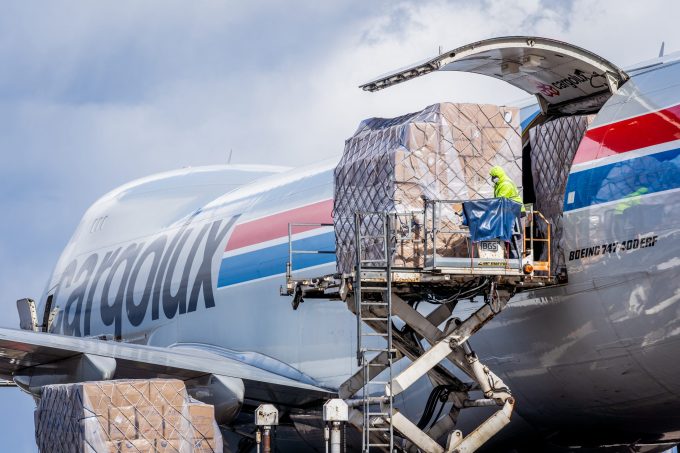Temu pledges to support its merchants in the face of 'external headwinds'
Temu owner PDD Holdings has pledged to support its merchants in the face of trade ...

Cargolux has enjoyed anther year of record results, posting a profit after tax for 2022 of $1.6bn, up from $1.3bn in 2021. Revenues also hit a new high, of $5.1bn, up nearly 15%.
However, block hours fell 1.7%, aircraft utilisation was down 2.3% and load factors ...

Comment on this article